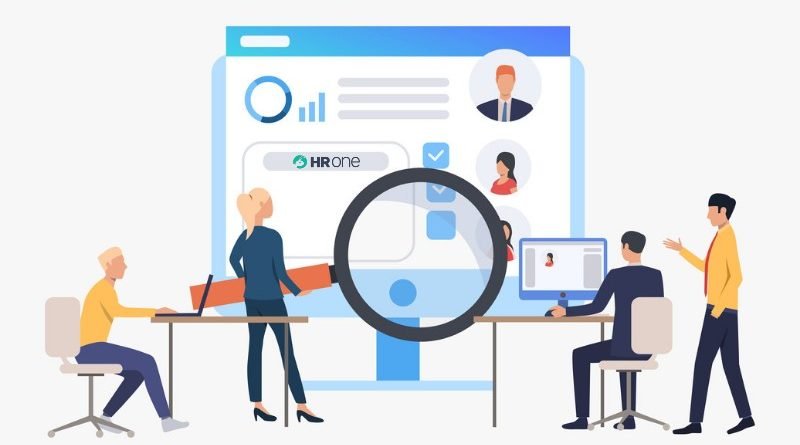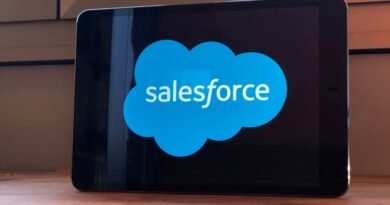Leveraging HR Technology in the New Normal: An Essential Shift for Businesses
Historically, many employers have shown reluctance in integrating technology into their operations. However, the outbreak of COVID-19 dramatically reshaped the landscape of businesses across the globe. From fledgling startups to multinational corporations, companies were compelled to pivot to remote work, thus making technology, specifically automated solutions, an undeniable necessity. This wave of change is particularly evident in the amplified adoption of Human Resources (HR) technology during the pandemic.
HR software, a prominent product of this digital shift, has gained remarkable attention in recent times. These automated tools, designed to streamline HR management, have significantly enhanced organizational productivity and boosted employee engagement. Let’s delve deeper into why every business should ditch outdated tools in favor of these modern, efficient HR systems.
HR software plays a crucial role in fostering a winning culture in hybrid workplaces. Here’s how:
Fostering Engagement:
HR systems facilitate robust communication among employees, enabling them to collaborate seamlessly even while working remotely. Companies can also track under-performing employees and provide training where necessary.
Improving Working Conditions:
HR software contributes to more flexible and fulfilling work environments. The provision of remote work facilitates work-life balance, a valuable aspect for modern employees.
Encouraging Diversity, Equity, and Inclusion (DE&I):
By managing labor-intensive tasks, HR software offers equal opportunities for all, promoting a diverse, equitable, and inclusive work environment.
Enhancing Recruitment:
HR software impacts recruitment positively. It improves the hiring and onboarding process, helping companies attract and retain top talent, and fostering a competitive, healthy work culture.
Employee Advantages from HR Software:
A key adage in the business world states, “Happy employees lead to happy customers, which lead to the improved bottom line.” HR software plays a vital role in employee satisfaction.
Accessibility:
HR software provides 24/7 accessibility on any device, empowering employees to track various work-related elements like attendance, leaves, and payroll details.
Real-Time Feedback:
Instant feedback from employers or managers motivates employees and helps them excel at their roles.
Engagement and Collaboration Features:
Features such as surveys, polls, badges, and rewards enhance employee engagement and foster a sense of appreciation among team members.
Improved Onboarding:
A seamless onboarding experience, facilitated by HR software, significantly enhances the initial impression of a company on new hires.
Increased Transparency:
HR software allows employees to access vital information independently, promoting transparency and making employees feel more valued.
How HR Executives Benefit from HR Software:
HR professionals can also significantly benefit from HR software.
Automation of HR Tasks:
HR systems automate time-consuming HR operations, freeing up HR professionals to focus on value-adding activities.
Reduction of Human Errors:
HR software reduces the likelihood of human errors, ensuring a high level of accuracy in HR operations.
Compliance Assurance:
Automated compliance checks help companies stay updated with laws and regulations, preventing legal complications and financial penalties.
Conclusion:
In conclusion, the adoption of HR software is no longer an optional luxury but a compelling necessity for businesses today. In an increasingly uncertain world, companies equipped with the right technology hold the key to growth and success. Remember, staying ahead of the curve requires keeping pace with technological advancements.




